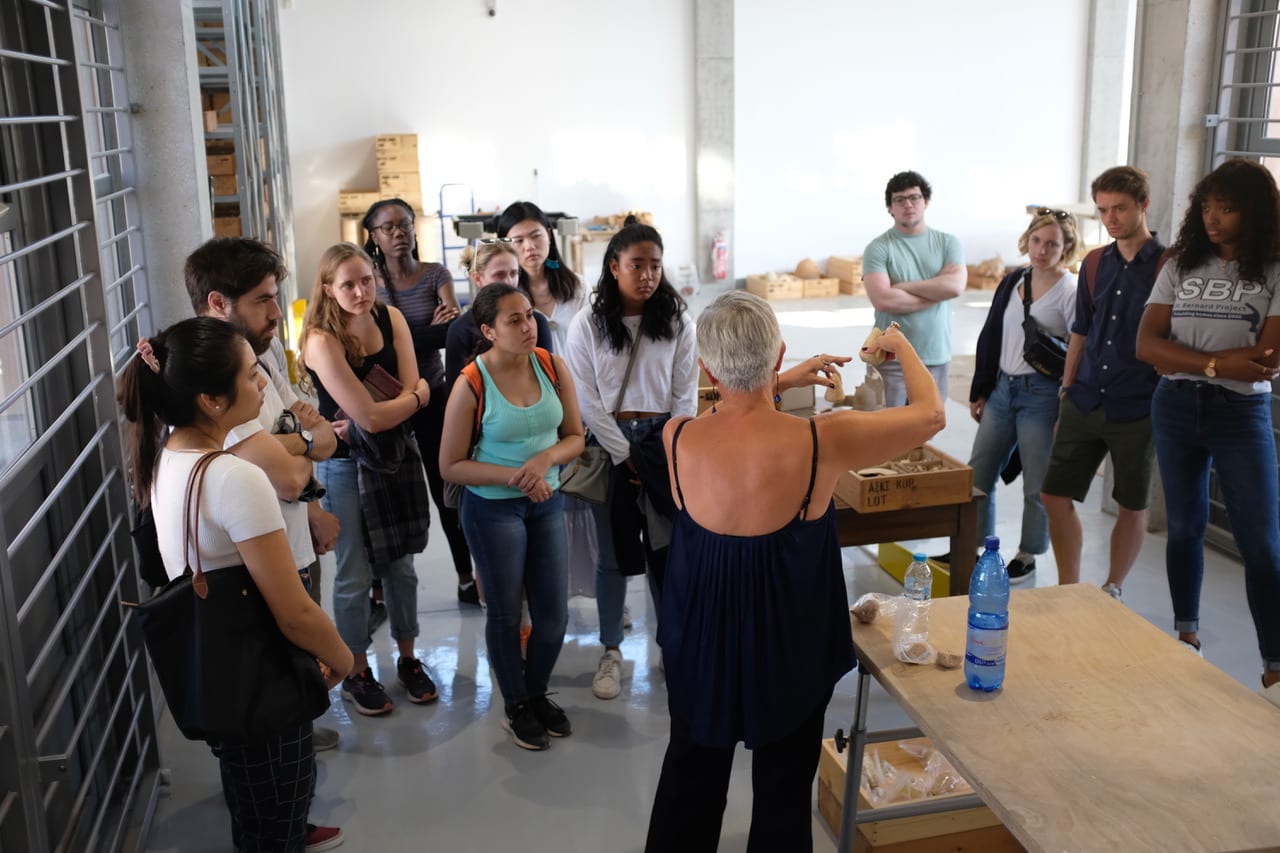By Catie Crandell
“The Past, Present, and Future of Incarceration,” a cross-disciplinary project led by Matthew Larsen and Wendy Warren, continues into its second year of a Humanities Council Magic Grant. Larsen is Cotsen Fellow in the Society of Fellows in the Liberal Arts, and a Lecturer in the Department of Religion. Warren is an Associate Professor in the Department of History.
At the core of the multi-year project is a new Carceral Studies Working Group that will explore understudied periods in the history of incarceration, bringing attention to different carceral practices and geographies. The reading and discussion group will invite Princeton faculty, guests, and students to discuss carceral history beyond the prevailing scholarship of the Western and colonial practices of the late 18th century, to include non-Western and pre-modern societies.
The project will culminate in a capstone conference “Beyond the Penitentiary: Re-imagining the Carceral Past, Present, and Future,” which will gather scholars, artists, and activist to explore the global history of incarceration and to rethink the penitentiary beyond the prison-industrial complex. In light of COVID-19 restrictions, the conference will take place during the 2021-2022 academic year.
In Fall 2019, Larsen offered the new course “Incarceration in Antiquity,” co-taught with Caroline Cheung (Classics), which included a trip to carceral sites and artifacts in Greece. Students participated in a digital humanities project that produced digital maps and models of the sites visited.
A second course, “Christians and Incarceration,” tells the history of Christianity through its changing relationship with carceral practices, beginning at the origins of the movement, to its experience as a criminalized and disproportionately carceralized community, and ending with the 2017 Alabama State Legislature’s passing of a bill allowing church to police their communities. Originally scheduled for Fall 2020, the course will be postponed until it is safe to complete the planned travel to the Equal Justice Initiative in Alabama.
















